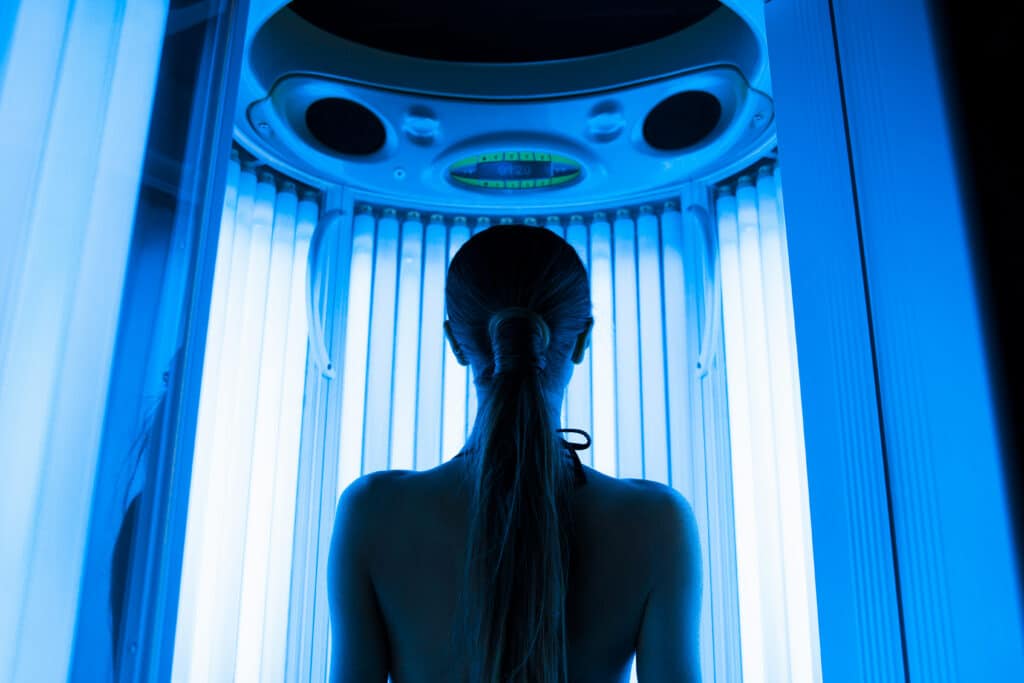Skin Cancer Awareness Month: 5 Things That Increase Your Risk

Skin cancer is a daunting disease to consider. Many factors can increase your risk of getting this disease, and if you're not careful, it can and will severely impact your life. That's why the team at Florida Academic Dermatology Center wants to spend this skin cancer awareness month spreading the knowledge that could save your skin. Continue reading to learn about five things that can raise your chances of developing skin cancer.
Sun Exposure
The most common factor that increases your risk of skin cancer is sun exposure. This can take on a couple of forms. The first is blatant exposure to the sun for long periods without any kind of covering or sunblock protection. This type of exposure can severely damage your skin over time. The second form is through sunburns. You may not feel that you spend too much time in the sun overall, but if your skin gets burned, even slightly, that is a sign that you are not protecting your skin. One bad burn can do harm.
Sunbeds
This follows the same train of thought as being exposed to too much sunlight. However, even more so given that sunbeds typically blast your skin with high levels of UV light to achieve a tan quickly. It needs to be understood that while there may be safer types of sunbeds, at the end of the day, there is no such thing as a healthy sunbed.
Those who want a glowing complexion should consider tanning products. Options such as tanning sprays and mousses can darken your skin without the risk.
Skin Tone
While this isn't something to be avoided, it is something that needs to be understood. Those with fair skin are increasingly susceptible to skin cancer due to their skin's lack of melanin. This is the pigment that is present in the skin that helps reflect the sun's rays. People with darker skin have more melanin pigment and therefore have greater resistance to skin cancer, but it is still possible to develop it. In either case, one should always be aware of the sensitivity of their skin and protect it accordingly.
Organ Transplant Surgery
An organ transplant can be lifesaving but it also increases your skin cancer risk. This has to do with immunocompromisation, often as a result of medication. According to The Skin Cancer Foundation, "the most common skin cancers after transplant surgery are squamous cell carcinoma (SCC), basal cell carcinoma (BCC), melanoma and Merkel cell carcinoma (MCC), in that order."
Exposure to Chemicals
This risk is typically affiliated with your occupation. In many jobs and careers, especially in the industrial sector, there are all manners of chemicals and compounds present. And while safety measures have been upgraded throughout the years, it is still important to keep your skin safe from any chemicals present in your environment. This can also include simpler situations such as using weed killers or pesticides around your home or residence. Be sure to wear clothing that covers your skin when using these items, and then be sure to change after the fact to keep your skin as protected as possible.
Be sure to spread this information to your friends, family, and other loved ones to keep them safe this summer. And if at any point you are concerned about unusual skin changes, please don't hesitate to contact us at the Florida Academic Dermatology Center.
We offer skin cancer screening and treatment at our Coral Gables, FL, location. You can reach us at (305) 324-2110. No matter what, we want you to get the care and peace of mind you deserve.